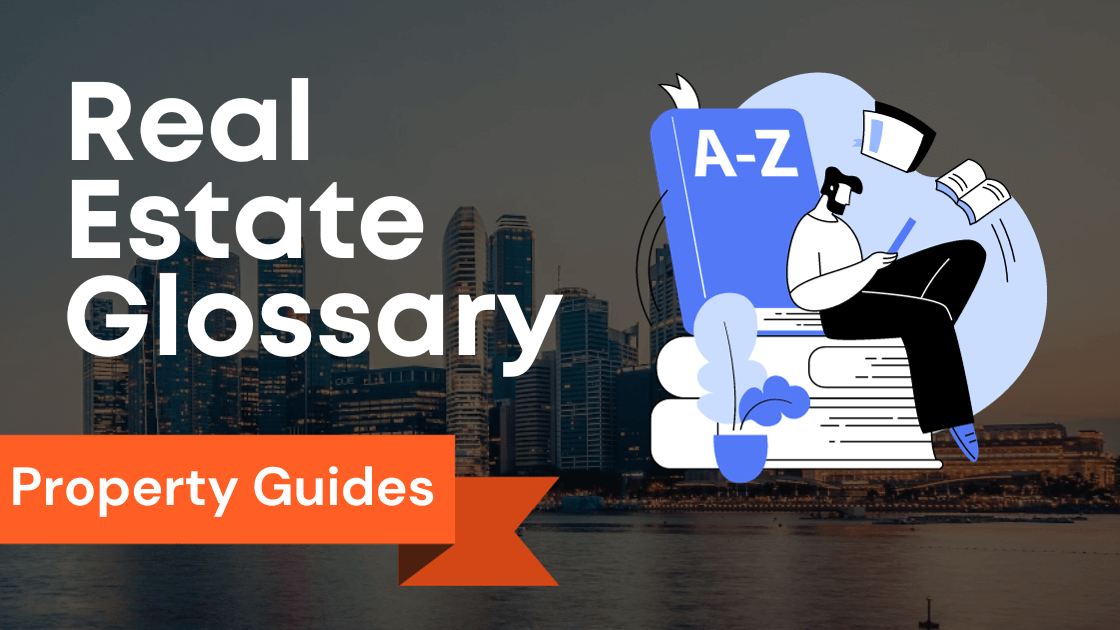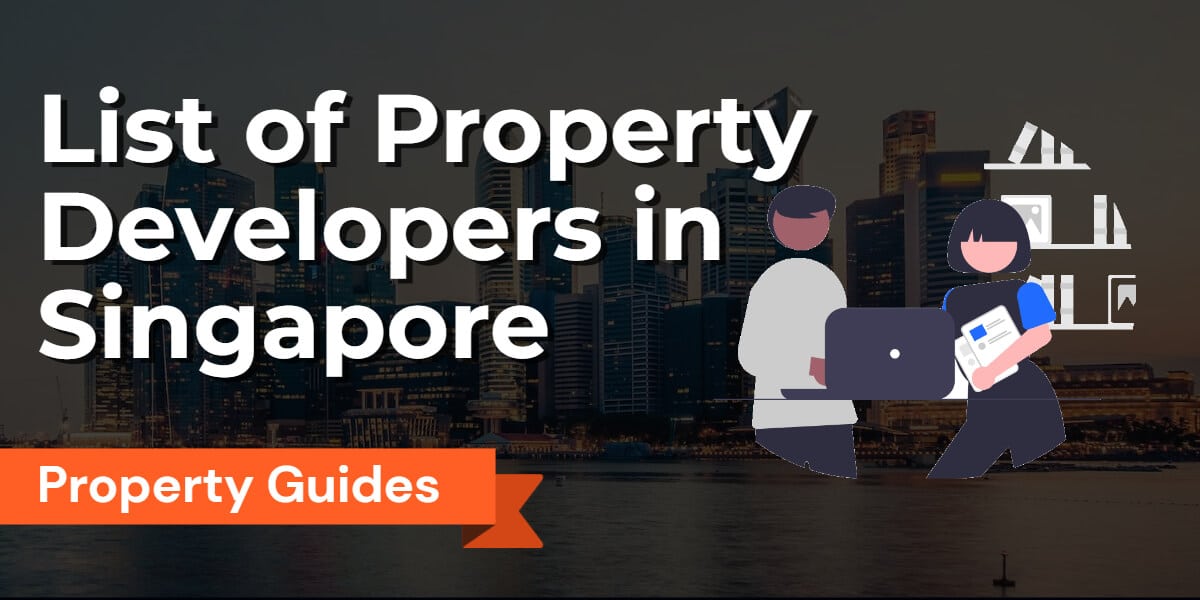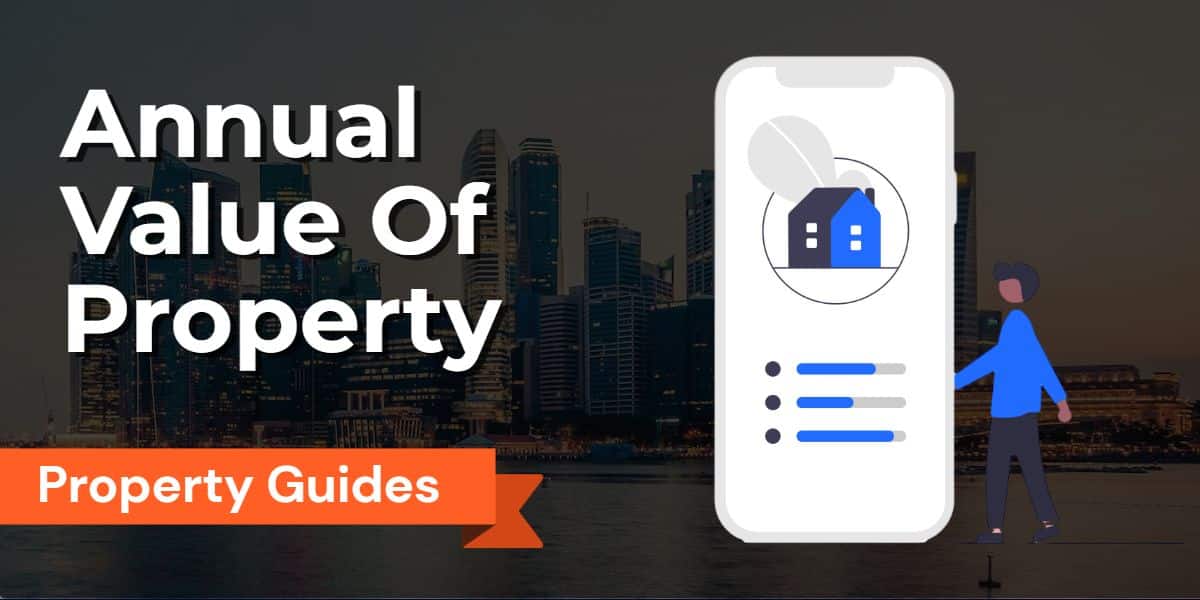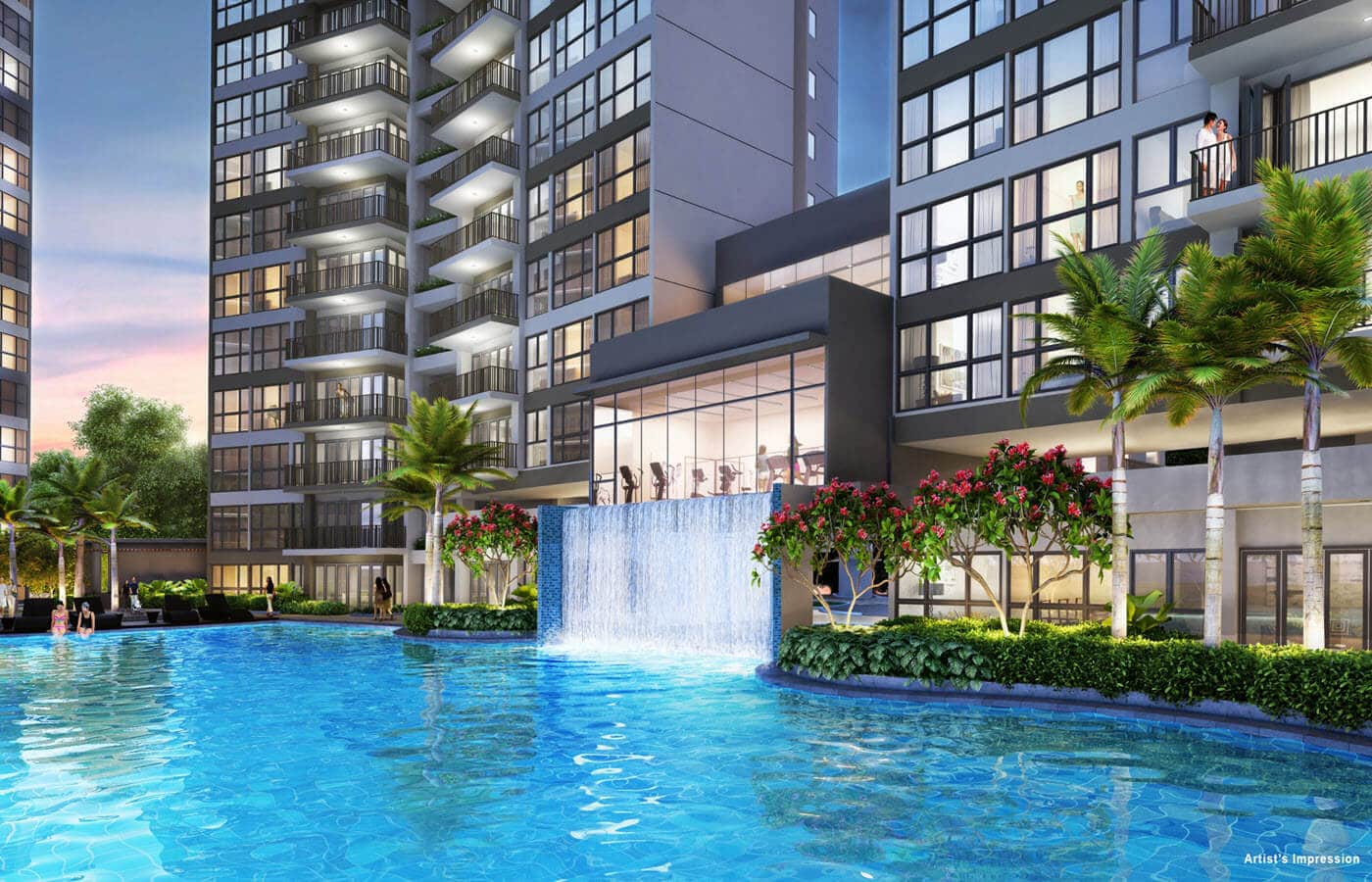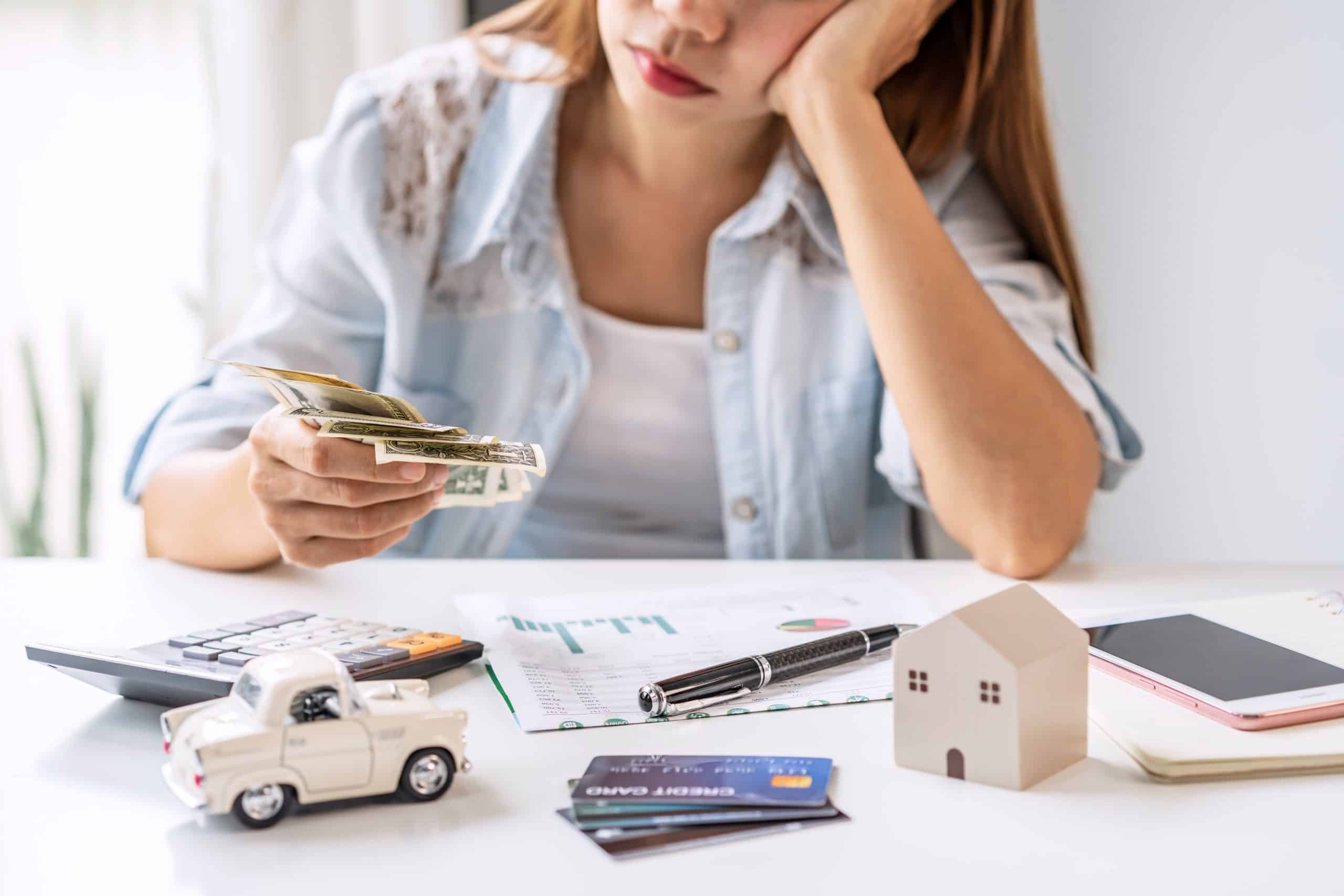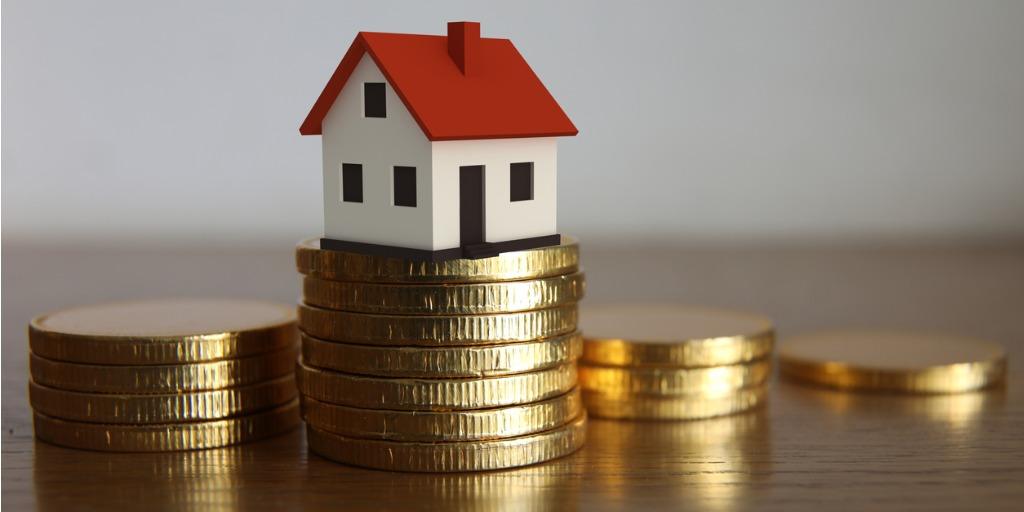
Decoupling property is a strategy that allows one party to buy a second property without incurring the ABSD tax in Singapore.
In this blog, we will explore the concept of property decoupling, its benefits, and potential drawbacks and provide a step-by-step guide to help you navigate the process.
Whether you’re a homeowner or an investor, decoupling your property could be a strategic move to achieve your property-buying goals in Singapore.
Key Takeaways
| Key Takeaway | Information |
|---|---|
| Property decoupling allows buying a second | Property decoupling is a strategy in Singapore where one party transfers ownership of a jointly-owned property to themselves, becoming the sole owner. This allows them to buy another property without incurring the Additional Buyer’s Stamp Duty (ABSD). |
| How property decoupling works | Property decoupling involves transferring ownership from joint tenancy to tenancy-in-common, allowing one party to become the sole owner. The transfer of ownership must be completed before purchasing the second property. |
| Benefits of property decoupling | Property decoupling helps avoid paying ABSD, simplifies estate planning, and can help avoid probate issues. |
| Implications of ABSD for HDB owners | HDB owners in Singapore must pay ABSD in cash when buying a second property. They are not eligible for a bank loan until the mortgage on their HDB flat is paid off. |
| Process of decoupling to avoid ABSD | Decoupling involves transferring ownership of one property to the party purchasing the second property through a sale or gift. The transfer should be completed before purchasing the second property to avoid paying ABSD. |
| Factors to consider before decoupling | Consider the costs, impact on CPF and home loans, and long-term investment goals before decoupling. |
| Costs involved in decoupling | Costs include legal fees, conveyancing fees, valuation fees, and stamp duty, which depend on the property’s market value and the complexity of the transfer of ownership. |
| Financing the costs of decoupling | Costs can be financed using cash proceeds from property sales or property loans, but consider the impact on the debt servicing ratio and ability to obtain a new home loan. |
| Impact of decoupling on CPF and home loan | Decoupling affects the total debt servicing ratio and may require repayment of outstanding mortgage loans before transferring ownership. |
| Eligibility criteria for decoupling | Eligibility criteria include holding the property jointly for at least five years, being Singaporean citizens or permanent residents, and having a joint monthly income of at least $12,000. |
| Implications of decoupling on mortgage options | Decoupling affects mortgage options, loan-to-value ratio, interest rates, and maximum loan amount, as borrowers are considered individually. |
| Regulations and rules for HDB property decoupling | HDB decoupling rules require at least one Singaporean citizen or permanent resident as an owner, a five-year ownership period, and meeting occupancy rules. |
| Potential financial complications of decoupling | Decoupling can lead to financial complications such as paying seller stamp duty (SSD), triggering ABSD, and incurring acquisition costs like conveyancing valuation and legal fees. |
| Evaluating if decoupling is right for you | Consider the advantages and disadvantages of decoupling your outstanding loan on the first property, and seek advice from professionals like mortgage brokers. |
Understanding the Concept of Property Decoupling: A Comprehensive Guide

What is property decoupling?
Property decoupling is a strategy to help individuals and couples buy a second property in Singapore without incurring the ABSD.
It involves the transfer of ownership of one of the properties from joint ownership to sole ownership, allowing one of the parties to buy another property without paying the ABSD.
In other words, decoupling means severing the joint tenancy of one property while keeping the other intact.
How does property decoupling work?
Property decoupling involves transferring ownership of a shared property from joint tenancy to tenancy in common.
Under joint tenancy, each owner holds an equal share of the property.
In tenancy-in-common, each owner holds a defined share of the property, which can be unequal.
Through a decoupling process, one party can transfer their share of the property to themselves, becoming the sole owner of the property.
They can now purchase another residential property without incurring the ABSD, as they are no longer considered to own two properties.
What are the benefits of property decoupling?
The primary benefit of property decoupling is the ability to buy another property in Singapore without paying the ABSD.
This can save significant money, particularly for those planning to invest in additional residential properties.
Additionally, decoupling can help to simplify estate planning and avoid probate issues in the event of the death of one of the owners.
The Implications of ABSD for HDB Owners: Exploring Decoupling as a Solution
What is ABSD?
ABSD, or Additional Buyer’s Stamp Duty, is a tax levied on individuals who wish to purchase a second residential property in Singapore.
The tax is calculated based on the property’s purchase price and can range from 12% to 20%, depending on the buyer’s citizenship status and residency.
The ABSD is currently set at 12% of the purchase price for Singapore citizens buying a second residential property.
How does ABSD affect HDB owners?
The ABSD can have significant implications for HDB (Housing and Development Board) flat owners in Singapore.
This is because HDB owners are not eligible for a bank loan to purchase another property until they have paid off the mortgage on their HDB flat.
This means they will need to pay the ABSD in cash upfront to buy another residential property.
What is the process of decoupling to avoid ABSD?
Decoupling to avoid ABSD involves transferring the ownership of one of the properties to the party who intends to purchase the second property.
This can be done through a sale or gift of a share of the property, and the transfer should be completed before the second property is purchased.
The transfer of ownership will allow the party who intends to purchase the second property to avoid paying the ABSD.
Decoupling Your Property in Singapore: Key Considerations and Benefits

Is decoupling the right option for me?
Decoupling may be an option worth exploring if you are considering buying a second residential property in Singapore.
Decoupling can help you to avoid paying the ABSD and simplify estate planning, but it may not be the right option for everyone.
Factors to consider include the cost of decoupling, the impact on your CPF and home loan, and your long-term investment goals.
What factors should I consider before decoupling my
property?
Before decoupling your property, it is important to consider the potential costs involved.
These can include legal fees, stamp duty, and conveyancing fees.
You should also evaluate the impact of the transfer of ownership on your CPF and home loan.
Additionally, you should consider your long-term investment goals and how decoupling may help you achieve them.
What are the benefits of decoupling my property?
The primary benefit of decoupling your property is purchasing another residential property in Singapore without incurring the ABSD.
This can help you to save money and maximize your investment opportunities.
Decoupling can simplify your estate planning, making it easier to manage your assets and ensure they are distributed according to your wishes.
Exploring the Cost of Decoupling: Financial Factors to Keep in Mind
What are the costs involved in decoupling?
The costs involved in decoupling can include legal fees, conveyancing fees, valuation fees, and stamp duty.
The total cost will depend on the market value of the property and the complexity of the transfer of ownership.
It is important to budget for these costs before proceeding with decoupling.
How can I finance the costs of decoupling?
You can finance the costs of decoupling using cash proceeds from the sale of the property or by taking out a property loan.
It is important to consider the impact of the decoupling process on your debt servicing ratio and your ability to obtain a new home loan.
What is the impact of decoupling on my CPF and home
loan?
Decoupling can have an impact on your CPF and home loan, as the transfer of ownership may affect your total debt servicing ratio.
Additionally, you may need to repay any outstanding mortgage loan on the property before the transfer of ownership can take place.
Property Decoupling to Avoid ABSD: A Strategy for Singaporean Homeowners

What is the process of decoupling to avoid ABSD?
Decoupling to avoid ABSD involves transferring ownership of one of the properties to the party who intends to purchase the second property.
This can be done through a sale or gift of a share of the property, and the transfer should be completed before the second property is purchased.
The transfer of ownership will allow the party who intends to purchase the second property to avoid paying the ABSD.
How can I ensure that my decoupling process is legally
compliant?
It is important to engage the services of a qualified property agent or lawyer to ensure that your decoupling process is legally compliant.
This will help ensure that the transfer of ownership is completed correctly and per the relevant rules and regulations.
What are the risks of decoupling to avoid ABSD?
The primary risk of decoupling to avoid ABSD is the potential penalty for non-compliance with the property cooling measures.
Additionally, there may be potential tax implications associated with the transfer of ownership, and you should seek professional advice to ensure that you fully understand these risks before decoupling your property.
Private Properties and Decoupling: Maximizing Options and Minimizing Costs
Can I decouple my private property?
Yes, owners of private properties in Singapore can also decouple their properties to help them buy another residential property without paying the ABSD.
What are the benefits of decoupling my private property?
The benefits of decoupling a private property are similar to those of decoupling an HDB flat.
By transferring ownership of one property, the owners can purchase another residential property without incurring the ABSD.
Additionally, decoupling can simplify estate planning and make it easier to manage your assets.
What are the costs involved in decoupling my private
property?
The costs of decoupling a private property are similar to those of decoupling an HDB flat.
These can include legal fees, conveyancing fees, valuation fees, and stamp duty.
The total cost will depend on the market value of the property and the complexity of the transfer of ownership.
Decoupling your property can be a useful strategy for buyers in Singapore who are looking to purchase a second residential property.
By transferring ownership of one property, you can avoid paying the ABSD and maximize your investment opportunities.
However, it is important to carefully consider the costs involved and seek professional advice before proceeding with decoupling.
With the right guidance and planning, decoupling can effectively achieve your property-buying goals in Singapore.
Decoupling: A Viable Approach to Owning a Second Property in Singapore

What is decoupling?
Decoupling involves splitting ownership of a property between two parties, effectively separating the interests in the property.
This can be done with a married couple or other individuals who jointly own property.
What are the benefits of decoupling?
The benefits of decoupling include avoiding ABSD, being able to purchase a second property without having to sell the first one, and the possibility of reducing the maximum loan amount for subsequent property purchases.
This can be particularly helpful for property buyers who want to invest in the residential property market to generate rental income.
What are the potential drawbacks?
However, there are also potential drawbacks.
Decoupling may result in higher mortgage rates and prepayment penalties.
Additionally, there may be implications on home loan options and redemption penalties involved in the decoupling exercise.
Navigating the Property Market: Decoupling as a Strategic Move
Why decouple before buying a second property?
When considering a second property purchase, decoupling from the current property may be advantageous to avoid ABSD.
This is particularly true for married couples since they are eligible for the ABSD remission scheme for their first residential property purchase.
By decoupling, they can use this scheme when buying a second property.
How does decoupling work when buying a second
property?
To buy a second property without paying ABSD, the buyers can decouple their current ownership.
This means that one of the joint owners will sell their share of the property to the other owner, and both will have separate ownership of their respective properties.
What is the process of decoupling?
Decoupling involves several steps, such as determining the property price and sales proceeds, ensuring eligibility, applying for decoupling through the Inland Revenue Authority of Singapore (IRAS), and paying the payable taxes and fees.
Engaging a real estate agent or law firm specializing in property ownership is advisable to ensure a smooth decoupling exercise.
Understanding the Process of Property Decoupling: Step-by-Step Guide

What are the eligibility criteria for decoupling?
To be eligible for decoupling, the joint owners must have held the property jointly for at least five years, be Singaporean citizens or permanent residents, and have a joint monthly income of at least $12,000.
How to apply for decoupling?
To apply for decoupling, the joint owners must complete the IRAS form, submit supporting documents to prove eligibility and pay necessary taxes and fees.
What are the documents required for decoupling?
The required documents include proof of ownership, such as the title deed, and proof of eligibility, such as proof of citizenship or permanent residency, photocopies of identity cards, and income statements.
Decoupling to Avoid ABSD: Exploring the Benefits for Property Investors
How does decoupling help in avoiding ABSD?
Decoupling helps in avoiding ABSD by allowing the buyers to purchase the second property without having to pay the ABSD.
This is because ownership of the existing property is split between the joint owners, effectively allowing each owner to have their first residential property purchase.
Can decoupling be used for subsequent properties?
Decoupling can be used for subsequent property purchases, as long as the eligibility criteria are met and taxes and fees are paid accordingly.
Exploring Decoupling in HDB Ownership: Rules and Regulations to Know
What are the rules for decoupling an HDB property?
The rules for decoupling an HDB property include having at least one Singaporean citizen or permanent resident as an owner, having the property for at least five years, not having rented out the whole flat, and ensuring that the remaining owner meets the occupancy rules.
What are the regulations to know when decoupling an HDB
property?
The regulations to know when decoupling an HDB property include the guidelines on the sale and purchase of HDB flats, such as the maximum loan amount and the CPF usage for the flat.
How does decoupling work for joint owners of an HDB
property?
For joint owners of an HDB property, decoupling involves a process similar to that of private condo decoupling.
One owner will sell their share of the flat to the other owner, and both parties will have separate ownership of their respective flats.
Property Decoupling: Implications on Mortgage and Home Loan Options
What are the implications of decoupling mortgage options?
Decoupling may affect mortgage options, such as the loan-to-value ratio and interest rates, since the buyers are now considered individual borrowers instead of joint borrowers.
This means that the maximum loan amount may also be reduced.
What are the different loan packages available for
decoupling?
Several loan packages are available for decoupling, such as fixed-rate loans, variable loans, and hybrid loans.
It is important to compare these options to find the best one that suits the buyers’ financial situation.
What are the prepayment and redemption penalties
involved in decoupling?
Prepayment penalties are fees charged for paying off the mortgage before the end of the loan term, while redemption penalties are fees charged for fully repaying the loan before the lock-in period ends.
These penalties may be applicable when decoupling, so it is important to be aware of them before deciding.
Decoupling can be a viable approach to owning a second property in Singapore if done strategically.
It is essential to understand the eligibility criteria, the process of decoupling, the rules and regulations, and the implications on mortgage and home loan options.
Seeking advice from financial institutions or law firms specializing in property ownership can help property buyers make the best decisions and maximize the benefits of decoupling.
Decoupling Your Property: Evaluating the Potential Financial Complications
What is decoupling?
Decoupling property is transferring the ownership of a jointly-owned property from both owners to only one of them.
This means that only one partner will own the property, and the other will relinquish ownership.
Decoupling usually happens when one of the partners wants to buy another property, but the ownership of two properties can lead to penalties by the government.
What are the potential financial complications of
decoupling your property?
Decoupling your property can lead to potential financial complications, such as paying seller stamp duty (SSD) on the property in question, which can be quite substantial, especially for high-value properties.
Additionally, decoupling may trigger the Additional Buyer’s Stamp Duty (ABSD), which means having to incur a higher expense on property purchases.
Lastly, decoupling may also incur acquisition costs such as conveyancing, valuation, and legal fees.
How do you evaluate if decoupling is right for you?
If you are a Singaporean couple looking to maximize your options for property ownership, determine if decoupling is right for you by examining the advantages and disadvantages of the process.
Decoupling property may be the right move if you are looking to purchase a 2nd property for investment or medical reasons or for the welfare of your child.
However, if you still have an outstanding loan on the first property, you may face difficulties in decoupling.
In such cases, seek professional advice from a mortgage broker who can help you understand your options for decoupling your property.
Decoupling for Singaporean Couples: Maximizing Options for Property Ownership

What are the options for property ownership for
Singaporean couples?
Singaporean couples have several options when it comes to property ownership.
These options include purchasing a property together, buying a property individually, and decoupling property.
Singaporean citizens can apply for a loan of up to 75% of the property price in cash when purchasing a property.
However, for a 2nd property, an additional Buyer Stamp Duty (ABSD) is payable.
How does decoupling property maximize these options?
Decoupling property maximizes options for Singaporean couples by allowing them to avoid paying ABSD altogether.
The threshold for property loans is currently capped at 75% of the property price, meaning that Singaporean citizens who want to buy a 2nd property without incurring any ABSD will need to pay for the property in cash.
Decoupling property helps couples avoid paying ABSD, making it easier to own two properties.
What are the considerations for couples who want to
decouple their property?
Couples should be aware that decoupling carries the risk of steep prepayment penalties and rate hikes on existing mortgages when considering decoupling.
Couples should also consider the miscellaneous costs involved in decoupling, such as legal fees and ownership transfer rules.
Understanding Additional Costs and Complications in Decoupling Property
What are the miscellaneous costs involved in decoupling
property?
The miscellaneous costs involved in decoupling property include legal fees, valuation fees, and conveyancing fees.
These costs can add up quickly, especially for high-value properties.
How does ownership transfer rule impact decoupling
property?
The ownership transfer rule has a significant impact on decoupling property.
This rule specifies that a citizen buying a second property without incurring any ABSD must pay for the property in cash and sell their first property within six months of the purchase of the second.
By following this rule, Singaporeans can avoid paying ABSD when purchasing a 2nd property.
What are steep prepayment penalties and how do they
impact decoupling property?
Steep prepayment penalties can significantly impact a decoupling transaction.
These penalties are charged by banks when a borrower pays off their mortgage before its due date.
This fee is calculated as a percentage of the outstanding loan, and can be quite substantial, especially for high-value properties.
Avoiding Additional Buyer’s Stamp Duty (ABSD) and Maximizing Property Ownership
How does decoupling property help in avoiding ABSD?
Decoupling property helps avoid ABSD by allowing Singaporeans to own a 2nd property without incurring any ABSD.
This is because the threshold for property loans is currently capped at 75% of the property price, meaning that Singaporean citizens who want to buy a 2nd property without incurring any ABSD will need to pay for the property in cash.
What are the eligibility criteria for avoiding ABSD through
decoupling?
The eligibility criteria for avoiding ABSD through decoupling include being a Singaporean citizen, owning a 1st property, and purchasing a 2nd property for medical reasons, the welfare of a child, or investment purposes.
How does decoupling property maximize property
ownership?
Decoupling property maximizes property ownership by allowing Singaporeans to own more than one property without incurring any ABSD.
This helps maximize investment potential and allows couples to own an investment property or buy a property for their child’s welfare without paying additional stamp duties.
In conclusion, if you are a Singaporean couple looking to invest in property, consider decoupling to maximize your property count.
However, be mindful of additional costs and complications in the decoupling process.
Seek professional advice from a mortgage broker or conveyancing lawyer to help determine if decoupling is right for you.
Conclusion
In conclusion, decoupling your property can be a strategic move for Singaporean couples who want to purchase a second property without incurring the ABSD.
It involves transferring ownership of the current property to one party, allowing them to buy another property without penalties.
However, it is important to carefully evaluate the potential financial complications, such as SSD and ABSD, as well as the acquisition costs involved.
Seeking professional advice is crucial in making an informed decision.
If decoupling is the right option for you, it can provide opportunities for property investment and simplify estate planning.
To learn more about property decoupling and other related topics, check out our other blog articles on the subject.
Frequently Asked Questions
What is decoupling property?
Decoupling property is a process where the joint owners of a property, often married couples, change the way the ownership of the property is split in order to avoid Additional Buyer’s Stamp Duty (ABSD) when purchasing a second property.
Who may need to consider decoupling their property to avoid ABSD?
HDB owners thinking about decoupling their property to buy a second property for investment or other purposes may need to consider decoupling to avoid ABSD.
What is the cheapest option when it comes to decoupling property?
The cheapest option is for either spouse to take a 99% ownership share, leaving the other spouse with just 1% ownership.
However, this arrangement may have implications on property ownership and should be carefully considered.
What is the ABSD rate for Citizens & Permanent Residents for the purchase of a second residential property?
The ABSD rate for Citizens & Permanent Residents is 12% for the purchase of a second residential property
What is the acceptance of Option when it comes to decoupling?
Acceptance of Option refers to the process of accepting the offer to purchase a property.
Both parties should agree on the terms of the sale before signing the Option to Purchase document.
What are some ABSD avoidance strategies?
Some ABSD avoidance strategies include decoupling, buying a property under a company name, or purchasing a property outside of Singapore.
What is the advisable income level for decoupling property?
There is no specific advisable income level for decoupling property.
However, individuals considering this option should have a stable source of income and be able to afford the associated costs.
What are some of the aspects of property transactions that buyers need to know?
Some aspects of property transactions that buyers need to know include legal documents, property valuation, and the characterization of property.
What is the Property Value Tool and how does it work?
The Property Value Tool is a tool provided by Singapore’s fastest-growing property portal that allows users to estimate the value of a property based on recent transactions in the same area.
How does decoupling affect the property buying process?
Decoupling may affect the property buying process by requiring additional legal documents and a re-evaluation of the ownership split.
It may also involve a cash outlay and cash flow aids to pay for ABSD and other associated costs.












